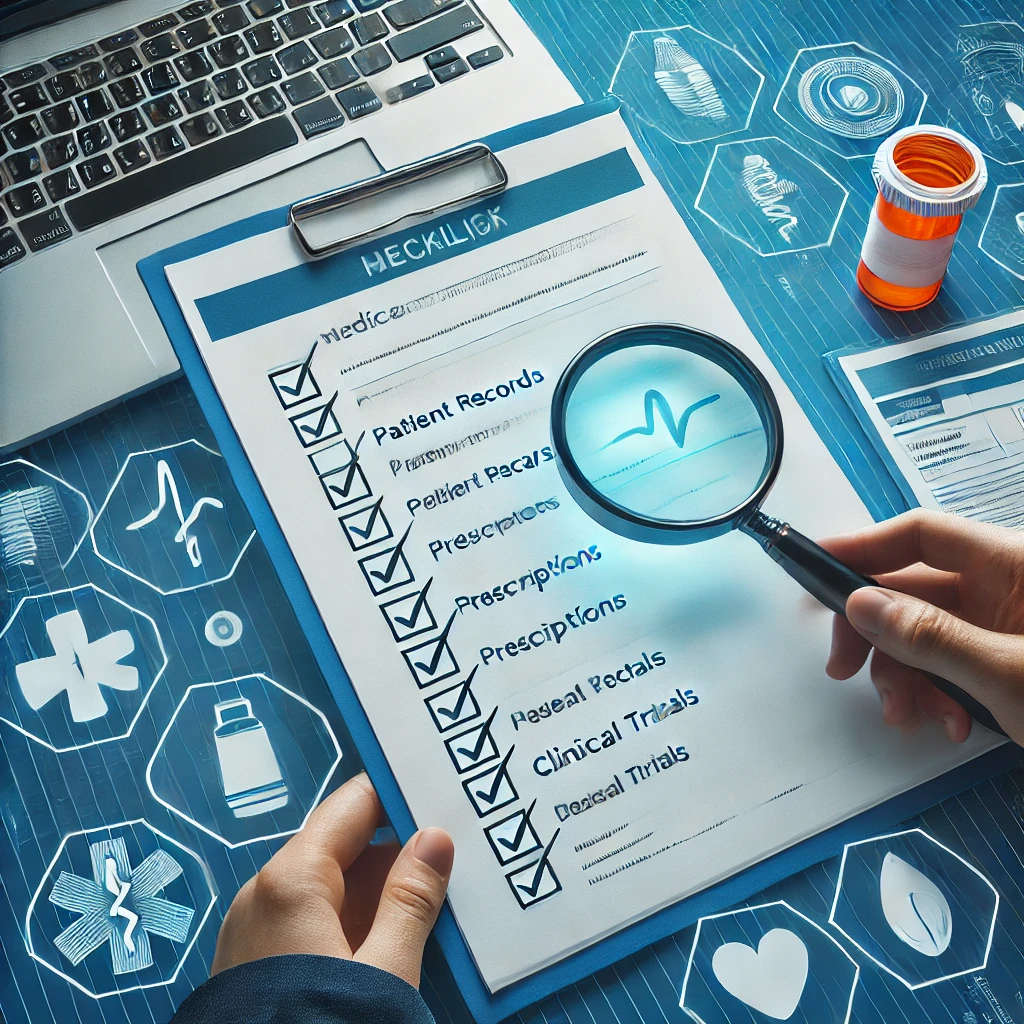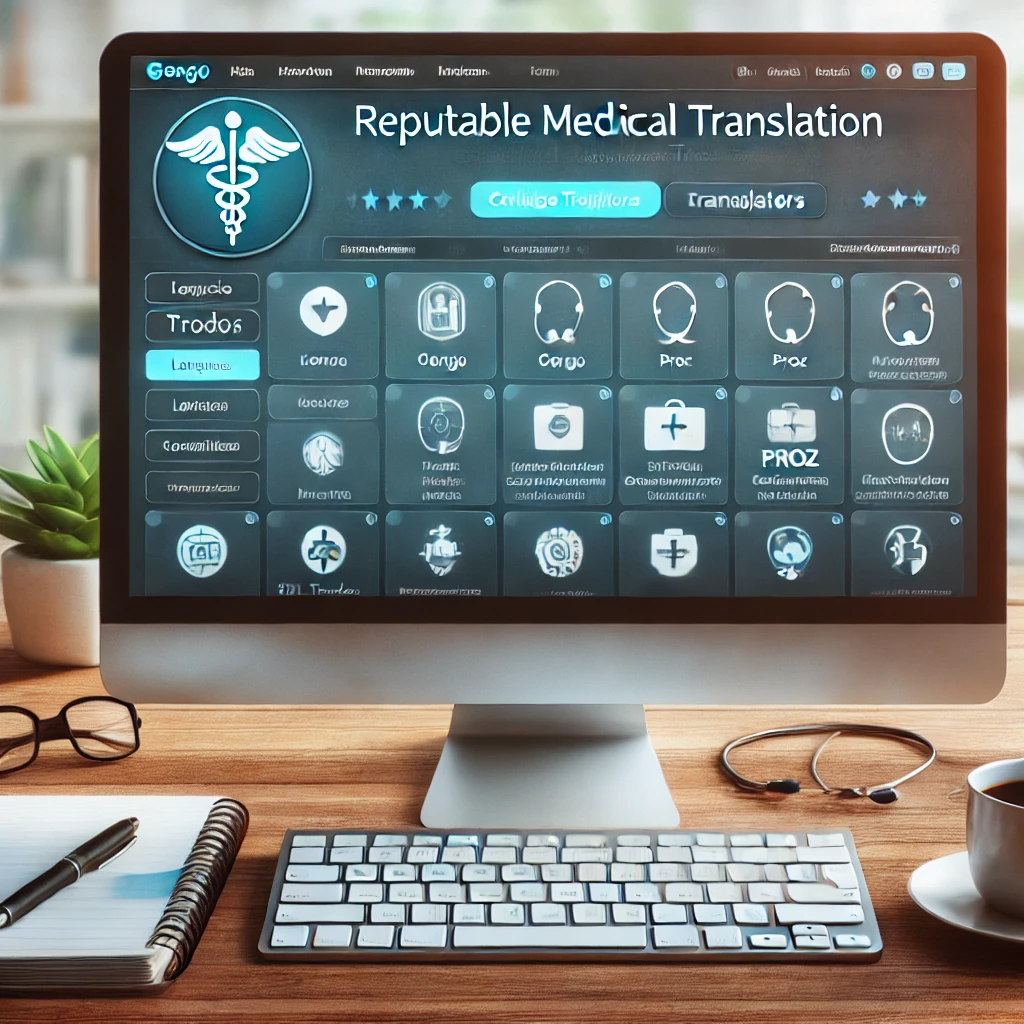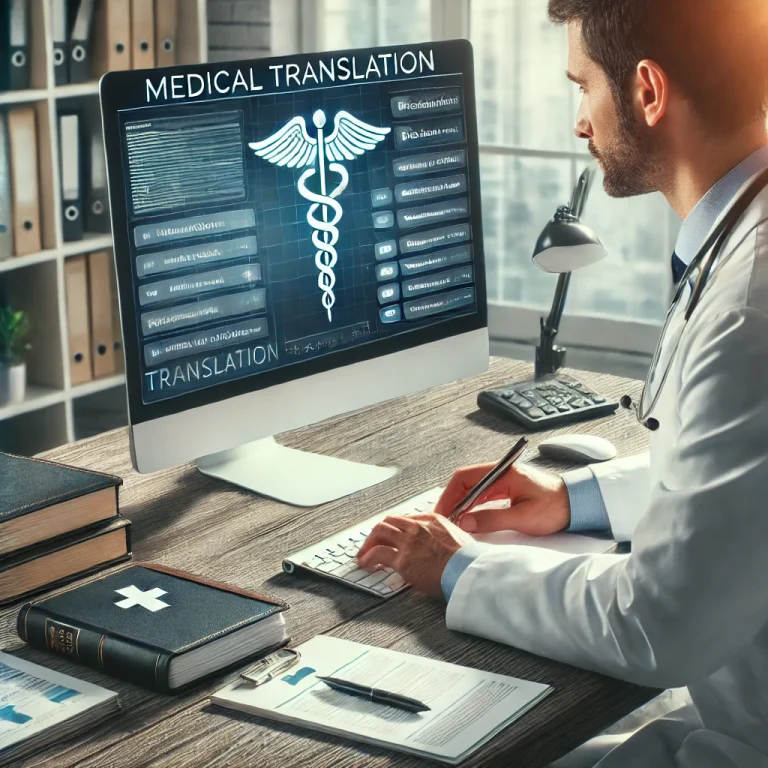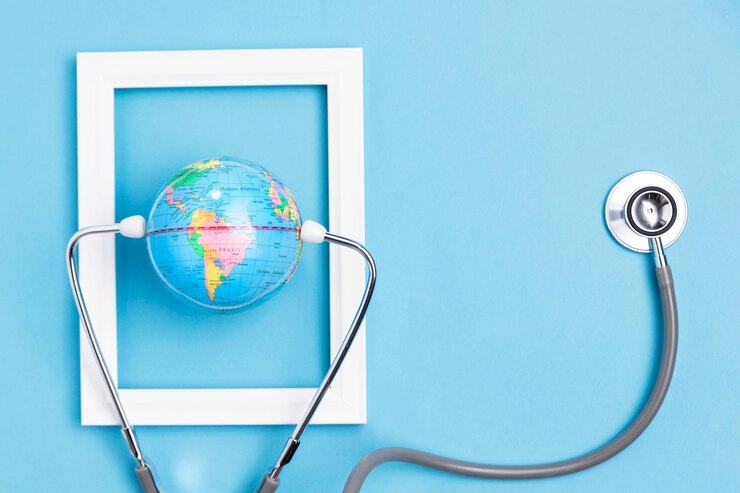Navigating the complexities of translating medical documents can be overwhelming. From patient records to research papers, every word matters when it comes to healthcare. A single mistake can lead to misdiagnosis, legal issues, or even harm to patients.
Thankfully, medical translation online has simplified the process, offering accessible and professional solutions. Whether you’re a doctor, researcher, or patient, this guide will help you utilize online platforms for accurate medical translations with confidence.
Table of Contents
Step 1: Understand Your Translation Needs
What to Do:
Identify the type of document you need to translate and its intended use.
How to Do It:
- List the documents (e.g., patient records, clinical trials, or research papers).
- Determine the language pair (e.g., English to French).
- Specify if certification is required for regulatory or legal purposes.
Pro Tips:
- Highlight specialized terminology that requires careful translation, like drug names or medical abbreviations.
Common Mistakes:
- Forgetting to verify the document’s compliance with local medical or legal regulations.
Example:
You may need to translate a prescription for a medical visa application or patient records for a second opinion abroad.

Step 2: Research Reliable Medical Translation Platforms
What to Do:
Select an online platform that specializes in medical translations.
How to Do It:
- Search for services with verified medical translators, such as Gengo, ProZ, or Straker Translations.
- Look for platforms offering both machine-assisted translations and human review.
- Check reviews, certifications, and pricing models.
Tools:
- Trusted platforms like One Hour Translation or SDL Trados.
Pro Tips:
- Ensure the service offers data security measures like encryption and confidentiality agreements.
- Opt for translators who are native speakers of the target language and have medical expertise.
Common Mistakes:
- Choosing a general translation service that lacks experience in the medical field.

Step 3: Prepare and Upload Your Documents
What to Do:
Ensure your medical documents are ready for translation.
How to Do It:
- Save your documents in high-quality formats like PDF, DOCX, or JPEG.
- Review the file for legibility and completeness.
- Upload the document to the platform and include clear instructions (e.g., highlighting sections needing extra care).
Pro Tips:
- Remove personal identifiers if the service doesn’t guarantee confidentiality.
- Use secure cloud services or encrypted email if required.
Common Mistakes:
- Uploading incomplete or unclear documents, leading to translation errors.

Step 4: Review the Translation and Request Revisions
What to Do:
Carefully review the completed translation to ensure accuracy.
How to Do It:
- Compare the translated document with the original.
- Verify complex terms, dosages, and instructions with a professional if needed.
Pro Tips:
- Most platforms offer a revision process—use it to clarify medical jargon or fix formatting issues.
Common Mistakes:
- Approving translations without thoroughly checking critical details like drug names and patient information.

Step 5: Download and Submit the Final Document
What to Do:
Once you’re satisfied with the translation, download the file and use it as intended.
How to Do It:
- Download the final version in the required format.
- Print certified copies if needed for official purposes.
Pro Tips:
- Store both digital and hard copies securely for future reference.
Common Mistakes:
- Submitting a translation without ensuring it has the necessary certifications or stamps.
Alternative Methods
1. Hire Freelance Medical Translators
Platforms like Upwork or Fiverr allow you to hire translators with verified medical expertise.
2. Use AI-Powered Tools with Human Proofreading
Tools like DeepL and SDL Trados offer machine translations with human review for better accuracy.
When to Use These:
- For basic tasks, AI-powered tools are fast and affordable.
- For critical documents, always rely on human translators.
Why Medical Translation Online is Important
Accuracy is Non-Negotiable
Medical translations deal with complex and sensitive content, where even minor errors can have significant consequences.
Global Healthcare Expansion
From cross-border research collaborations to international patient care, accurate translations foster global partnerships.
Regulatory Compliance
Medical translations often need to adhere to international healthcare and legal standards.
Learn more about the WHO’s standards for translating medical documents.
FAQs
1. What documents can be translated using medical translation online?
Patient records, research papers, prescriptions, clinical trial documents, and drug labels.
2. Are online medical translations secure?
Yes, reputable platforms use encryption and confidentiality agreements to protect sensitive information.
3. Can I use free tools for medical translations?
Free tools like Google Translate are not recommended for medical texts due to accuracy concerns.
4. How much does medical translation online cost?
Prices range between $0.10–$0.30 per word, depending on the complexity and urgency.
5. Are translations accepted internationally?
Yes, certified translations are recognized globally, provided they meet local regulations.
Get Started with Medical Translation Online Today!
Whether you need translations for patient care, academic research, or legal compliance, choosing a trusted online medical translation service ensures accuracy and peace of mind.
Contact Our Experts!
Let us guide you to the best solutions for your medical translation needs ➡️Contact us ➡️


